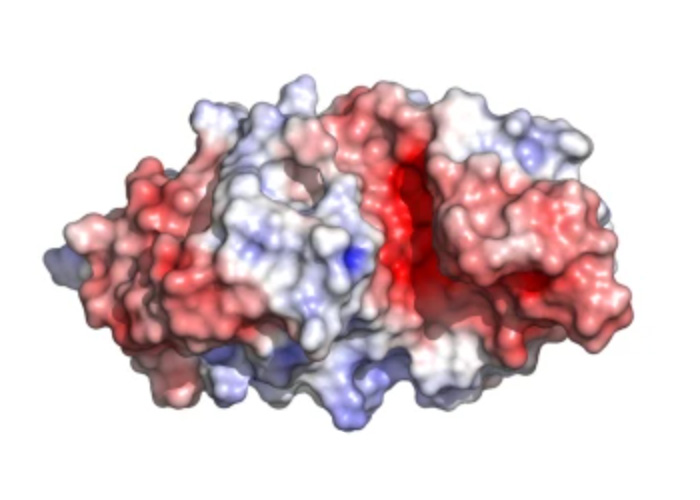Through a collaborative effort, researchers have identified a protein in soil viruses that may promote soil health. The work was enabled in part by a community data portal of the U.S. Department of Energy (DOE) Joint Genome Institute (JGI), a DOE Office of Science User Facility located at Lawrence Berkeley National Laboratory (Berkeley Lab). Using 5,000 images of crystalized samples cloned and synthesized by the JGI, scientists have begun the complex process of uncovering the hidden secrets of soil viruses.
The specific protein described in a recent study in Nature Communications, a chitosanase, is tied to carbon cycling and plays an important role in how carbon is processed and cycled in soils. Ultimately, changes in soil carbon content can influence atmospheric carbon dioxide concentrations and thereby affect climate. The protein itself could actually help promote soil health. Learn more on the JGI’s website.




